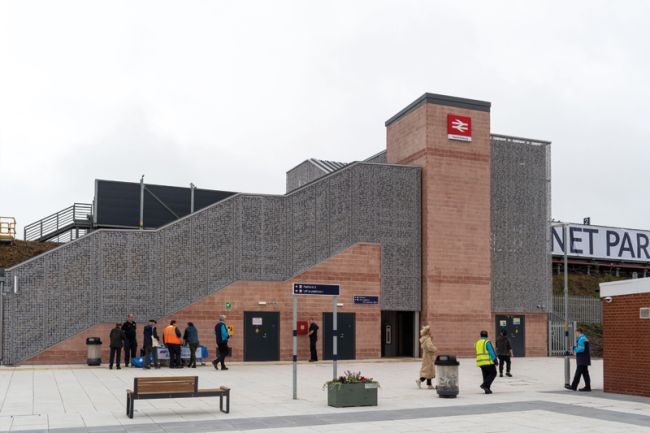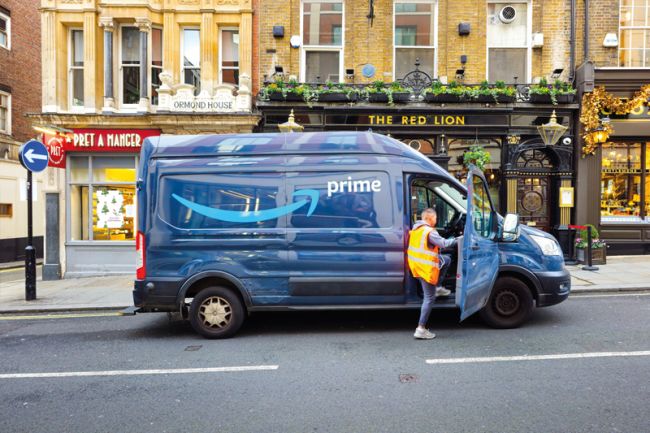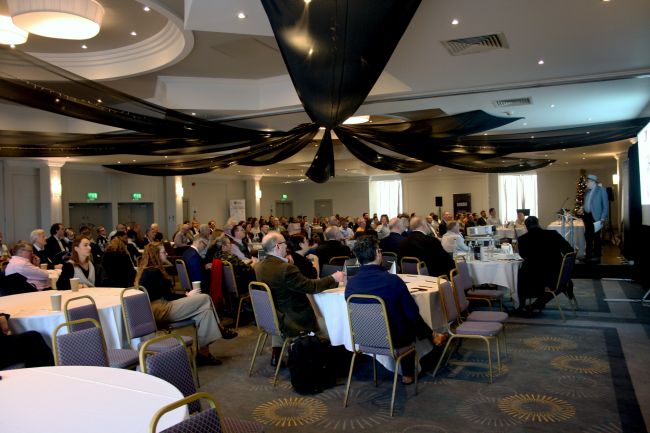Devolution still on the agenda
Rhetoric on devolution has grown in recent months as the government and opposition both jostle to give powers away.

Rhetoric on devolution has grown in recent months as the government and opposition both jostle to give powers away to city regions and combined authorities. Last week’s budget saw further commitments made by Jeremy Hunt as he delivered the Spring budget, and, while the ambition is clearly there, devolution roll-out has been slow and patchy. This has led to a survival of the fittest scenario, with better resourced and more vocal Mayoral Combined Authorities leading the way, and other authorities following less confidently in their wake.
Last week, the Chancellor made a big play on the importance of devolution and announced the agreement of the long-awaited trailblazer devolution deals with Greater Manchester and the West Midlands, which were signalled in the 2022 levelling up white paper. New powers focused less on transport (which was rightly at the forefront of previous deals) and more on other policy areas such as housing, growth, skills, and net zero. Promises were also made to extend devolution deals more widely, and the government intends to negotiate a new wave of devolution deals with areas across England that are committed to electing a mayor or leader.
A key aspect of the West Midlands and Greater Manchester deals is a commitment to a single funding settlement from the next spending review period, including for transport. Both city regions will get their share of a second round of City Region Sustainable Transport Settlements (CRSTS), worth £8.8bn from 2027/28 to 2031/32, which will give them greater long-term certainty and flexibility over funding and an ability to manage the delivery of their transport pipeline more effectively. I’m sure this will be welcomed by those combined authorities, as it will help them to overcome the colossal challenges of gearing up to develop and deliver large and complex transport programmes, integrate them more with wider delivery activity, and better manage the extreme pressures on infrastructure projects caused by rampant inflation.
Some of the specific aspirations in devolution deals will be challenging to deliver and will need broad coalitions of national and local partners to be formed to work out the finer details. For example, the new rail partnership arrangement, which in the future will see Great British Railways support the incorporation of rail into Greater Manchester’s integrated sustainable transport system (the Bee Network), has long been sought and is a fantastic ambition to improve the passenger experience. However, it will be tricky to fulfil this vision given the rail network’s dual national and local connectivity role. Finding an approach that works both for local travel markets and national ones will not be straightforward and will require a lot of very deep collaborative working and bespoke governance.
Finally, for those authorities looking to secure future devolution deals and/or CRSTS funding, it will be important to have coherent long-term plans in place to articulate the scale and nature of local ambitions to government. From a transport perspective, we know that Local Transport Plans are going to play a much bigger role in Government decision-making and funding (this was emphasised by the DfT at a recent TPS event which Steer hosted).
Many authorities are still waiting for the DfT’s draft guidance to be issued and do not necessarily have in-house strategic planning capacity or experience to know where to start with developing their LTPs. I’d strongly recommend that all authorities put some serious effort into getting their local transport plans developed (even in advance of the guidance being issued). This will put them on the front foot with agreeing future powers and funding and will play a crucial role in delivering wider net zero and levelling up aspirations. This is a key lesson learned from observing the development of the trailblazer devolution deals: those places with clear and integrated long-term plans, supported by shorter-term implementation plans and infrastructure pipelines, have been best placed to capitalise on devolution opportunities.

























